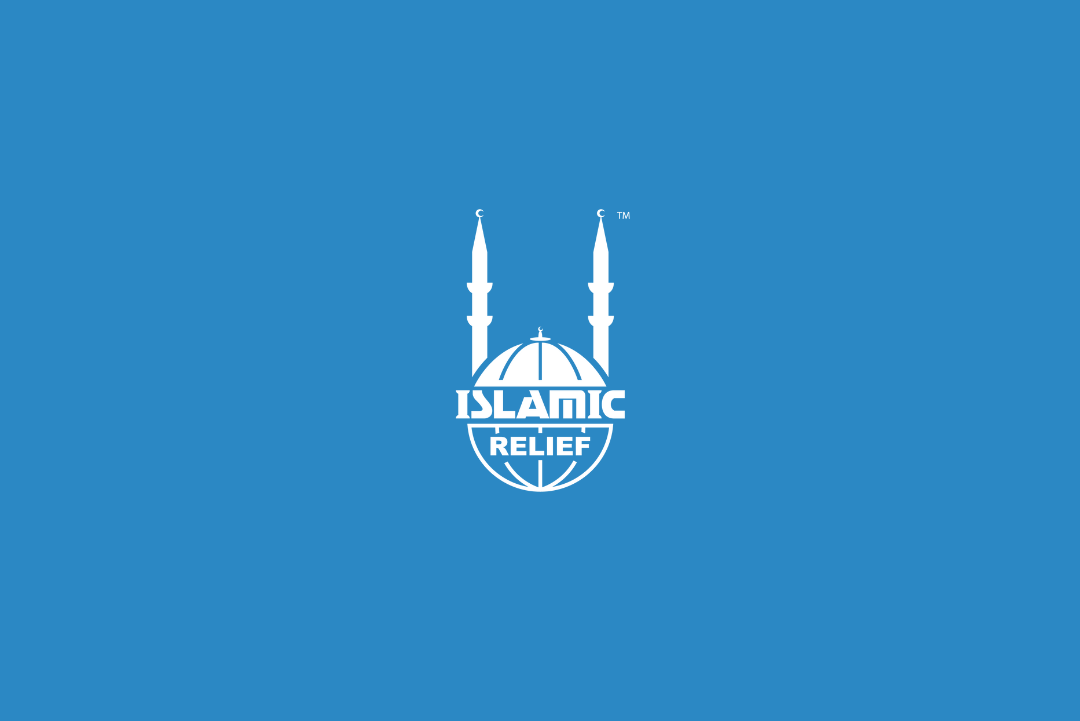
Islamic Relief is ready to respond to increasing humanitarian needs as tensions rise between India and Pakistan. Any further military escalation is likely to have a devastating impact on huge numbers of civilians.
Dozens of people, including young children, have been killed and wounded in recent days by the biggest escalation the region has seen for years. Airstrikes, shelling and drones have struck infrastructure across both sides of the Line of Control, and at least 1 child was killed when a missile badly damaged a mosque in Bahawalpur in Punjab region in eastern Pakistan.
Islamic Relief aid workers in Pakistan-administered Kashmir report that dozens of families have already fled their homes and sought shelter in school classrooms that local authorities have designated as temporary camps. Large numbers of people are likely to flee if the situation deteriorates further, and a big increase in casualties and displacement will quickly overwhelm essential services such as hospitals, school shelters and water supplies. Schools in many areas have already closed indefinitely, and hospitals across Pakistan have declared a state of emergency.
As political tensions rise, farmers are warning that the suspension of the Indus water treaty between India and Pakistan will severely impact agriculture and exacerbate poverty and hunger. The suspension of the agreement has cut off water supply to around 80% of Pakistan’s irrigated agriculture, upon which many poor families depend.
Islamic Relief Pakistan’s emergency response team is coordinating with local disaster management authorities to support the provision of emergency relief supplies in case of major displacement – including items such as shelter material, water, hygiene kits and blankets.
The humanitarian impact of any further escalation is likely to be enormous, and we call for diplomatic efforts to de-escalate tensions and find a solution through political dialogue rather than military action.



